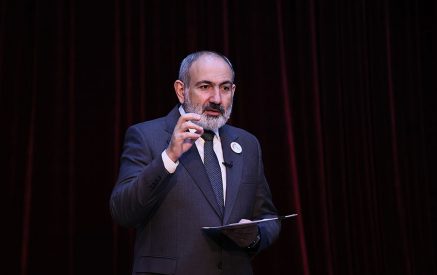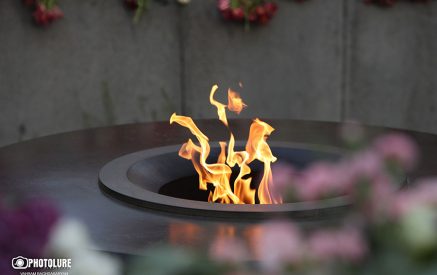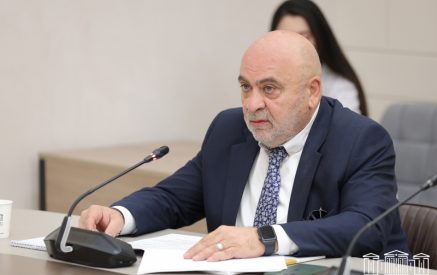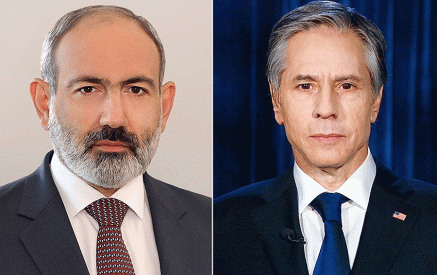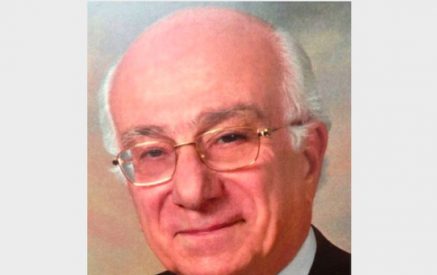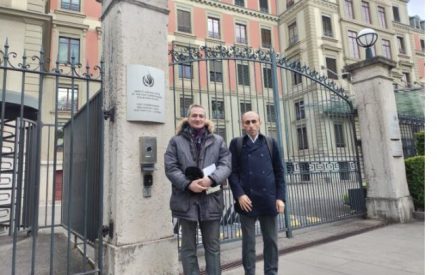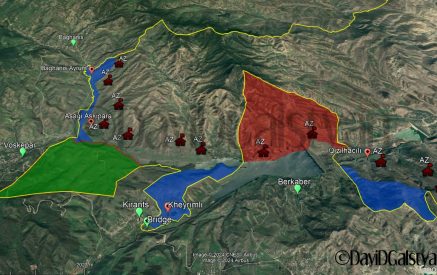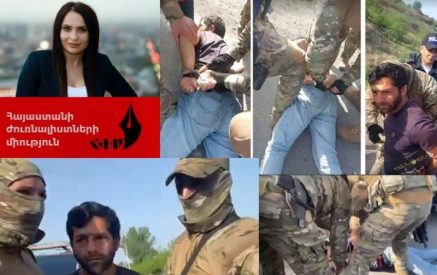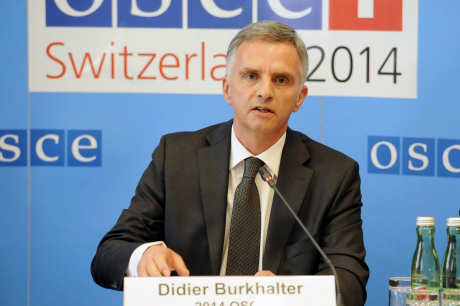Interview of Didier Burkhalter,
OSCE Chairperson-in-Office, Swiss Minister of Foreign Affairs
–Mr Didier Burkhalter, regulation of conflicts and related activities is always presented as a priority for different chairmanships, while the real impact of those plans remains very low. What are the reasons for Swiss chairmanship to state this issue as a priority?
-I am convinced that a concrete and meaningful progress on protracted conflicts is possible in the OSCE. Although progress often comes in small steps, I have confidence in the ability of the organization to facilitate this. The OSCE has a track record when it comes to conflict prevention and resolution, and has the capacity to bring solutions forward when there is a political will to support its efforts. We do, however, not expect any quick and easy progress in the protracted conflicts.
Switzerland can offer some useful mediation expertise, and during our chairmanship we would like to strengthen the capacities of the OSCE in this field.
-Could you please provide more details on what does it mean “to work with existing formats to support the search for a resolution to the protracted conflicts” stated in your address for the Ministerial Council of the OSCE in Kiev, 5-6 December, 2013?
-We are convinced that it is vital to strengthen and support the existing formats – i.e. the Geneva International Discussions and the Minsk process, as they are well established and accepted by the OSCE community and by all stakeholders.
As the Chairperson-in-Office of the OSCE and Swiss Foreign Minister, I have appointed Ambassador Angelo Gnaedinger, former Director General of the International Committee of the Red Cross, as my Special Representative for the South Caucasus.
On behalf of the OSCE, he will co-chair the Geneva International Discussions which we consider as indispensable for addressing the consequences of the August 2008 conflict in Georgia. My Special Representative will also be taking part in the meetings of the Incident Prevention and Response Mechanism in Ergneti which has proven to be instrumental in stabilizing the security situation on the ground and addressing the daily concerns of people and security questions. The first meeting under the mechanism this year already took place on the 21st of January.
-Confidence building is one of the main issues in the Nagorno-Kabarakh conflict that the OSCE Minsk Group tries to have in the agenda of the negotiations process. How Switzerland is planning to contribute to the solution of this issue within a year period?
-The Swiss Chairmanship is not directly involved in the negotiation process on the Nagorno-Karabakh conflict, but supports the work of the Co-Chairs of the OSCE Minsk Group. On 14 January, I received the Co-Chairs in Bern, discussed our co-operation and expressed my appreciation for their tireless mediation efforts. I have also reappointed Ambassador Andrzej Kasprzyk as my Personal Representative for the conflict dealt with by the Minsk Conference. He will continue his work on the ground monitoring the situation at the Line of Contact and the observation of the ceasefire agreement between the sides.
We firmly believe that it is not an option to simply wait and see. People-to-people contacts, exchanges between experts and intensified regional co-operation can contribute to building confidence between the parties.
-Confidence building through exchange programs for special occupational groups was done before. How Switzerland is planing to organize those programs to be more successful?
-In our view, exchanges of professionals and joint projects can increase the mutual understanding between people in Armenia and Azerbaijan – even if these projects do not focus on the Nagorno-Karabakh settlement as such. We will try to work with young officials, artists and journalists who are usually engaged in domestic debates on the conflict.
-Improving people’ daily lives – another direction for the new OSCE Chairmanship to work on. How this can be understood on the ground? What kind of activities are planned for reaching this goal?
-In the end of the day, everything that the OSCE and its participating States are doing is meant to contribute to improving people’s lives and enhancing their safety and security – in the politico-military, economic and environmental, and human-rights related areas. There is a great number of documents signed and commitments undertaken by all 57 participating States, but sadly, their implementation is often lagging behind.
Decisions at the political level can only have impact when implemented properly. This is why we want to focus on the implementation of existing commitments, rather than proposing new ones.
At the forefront of our efforts are combating torture, the respect for minority rights, promoting democratic elections and strengthening the rule of law in combating terrorism. We will seek to ensure the exchange of good practices among the participating states in these fields. A conference on the role of human rights defenders in promoting human rights and fundamental freedoms, which I am going to host in June, will offer such an opportunity.
Chairing the OSCE imposes a great responsibility and we are convinced that Switzerland must lead by example. This is why Switzerland will carry out an evaluation of its own implementation of OSCE commitments.
A substantial dialogue with civil society, the media and other stakeholders will help ensure full respect for human rights, fundamental freedoms, democracy and the rule of law. We will support such a dialogue within and between our participating States.
-Is there any plans to visit South Caucasus and Western Balkans, and if yes, then when is it expected to take place?
-Various official visits to OSCE participating States will take place during the Swiss OSCE Chairmanship, including to the South Caucasus and Western Balkans. Preparations are ongoing. Detailed information will be available at a later stage.
Interview by AGHAVNI HARUTYUNYAN
P.S. The questions to the OSCE Chairman had been sent before the escalation of the situation on the front line and Vienna meeting of the Foreign Affairs Ministers of Armenia and Azerbaijan on January 24. For two additional questions Mr Didier Burkhalter responded on 4 February:
– What is the reaction, interpretation of the OSCE Chairman to the violations and escalation on the front line? What should be done to stop all kinds of sabotages?
-I am concerned by reports in recent days of deaths and injuries among Armenian and Azerbaijani military personnel and civilians. I strongly encourage the sides to make full use of the valuable opportunity provided by visits by OSCE teams to the border and Line of Contact for direct communication with one another, with a view to reducing tensions.
– Please comment on the recent meeting of Foreign Affairs Ministers of Armenia and Azerbaijan.
-The Swiss Chairmanship is not directly involved in the negotiation process and in the organization of high-ranking meetings.

